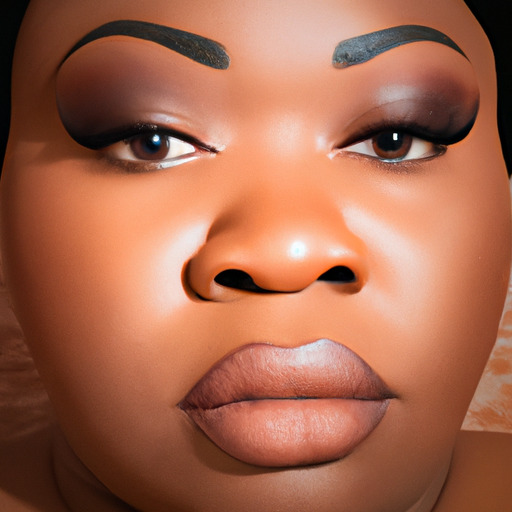The skin, being the largest organ of the body, plays an essential role in protecting the body from external factors. It is a complex structure that requires adequate care and attention to maintain its health and vitality. One of the most critical aspects of skincare is ensuring that your skin is adequately moisturized and hydrated. However, the terms ‘moisture’ and ‘hydration’ are often used interchangeably, leading to confusion about their actual meaning and importance.
Moisture and hydration, while related, refer to two different aspects of skin health. Hydration refers to the water content within the cells that keep them plump and bouncy, thereby giving your skin a radiant and youthful appearance. On the other hand, moisture is associated with oil; it forms a protective layer on the skin’s surface that locks in hydration and prevents it from evaporating, known as transepidermal water loss.
The first step in decoding your skin’s needs is understanding its type. Dry skin lacks oil and therefore needs moisturization, while dehydrated skin lacks water and requires hydration. However, most people have combination skin, which means they may need both hydration and moisturization in different areas.
Hydrating products are designed to increase the water content of the skin. They usually contain ingredients like hyaluronic acid, aloe vera, honey, or glycerin, which attract water molecules and hold them within the skin cells. Hydrating products are typically lightweight and can penetrate deep into the skin layers, providing immediate relief from tightness or dryness.
On the other hand, moisturizing products are formulated to create a barrier on the skin surface that seals in water and prevents its loss. They are usually oil-based and contain ingredients like ceramides, fatty acids, or cholesterol. Moisturizers are typically heavier than hydrating products and provide long-lasting protection against environmental factors.
The key to healthy skin lies in balancing hydration and moisturization. If your skin is dehydrated, it needs water, so a hydrating serum with hyaluronic acid would be beneficial. However, without a layer of moisturizer to seal in that hydration, the water will simply evaporate, leaving your skin drier than before. Conversely, if you only use a moisturizer, your skin may feel greasy, but it could still be dehydrated and lack that plump, glowing appearance that comes from adequate hydration.
In conclusion, understanding the difference between hydration and moisturization is crucial in addressing your skin’s needs effectively. Both are essential for maintaining the health and appearance of your skin. By incorporating both hydrating and moisturizing products into your skincare routine, you can ensure that your skin remains supple, radiant, and youthful. Remember, your skin’s needs may change with the seasons, age, or lifestyle changes, so it’s important to regularly reassess and adjust your skincare routine accordingly.



